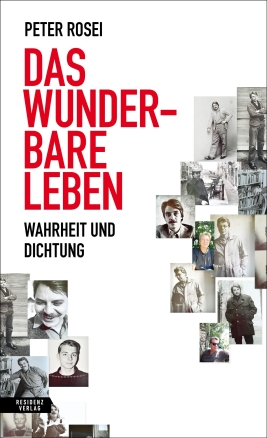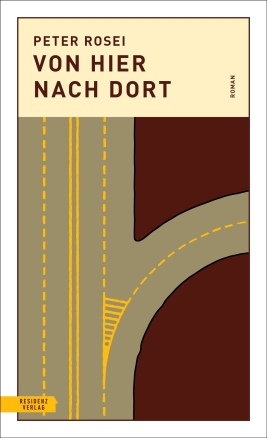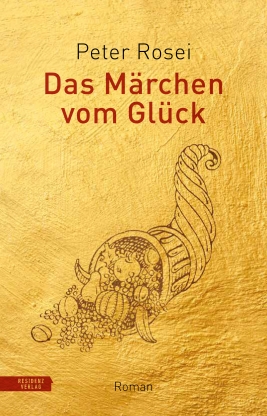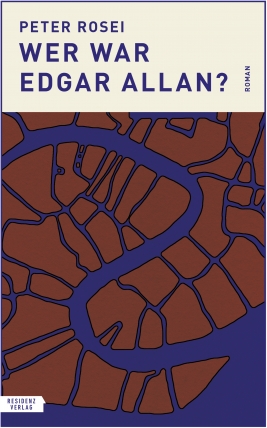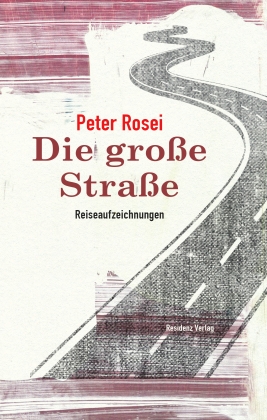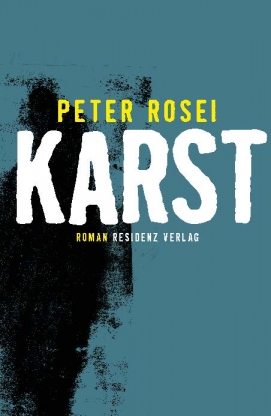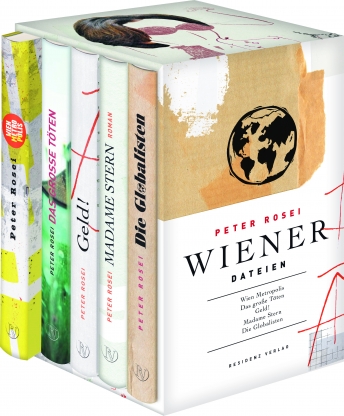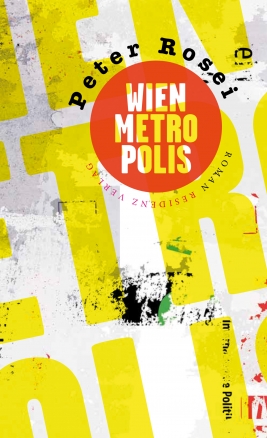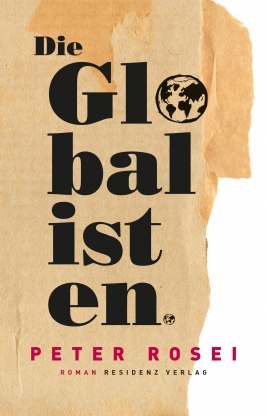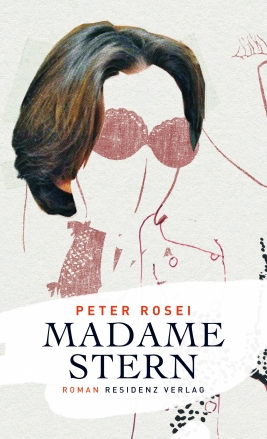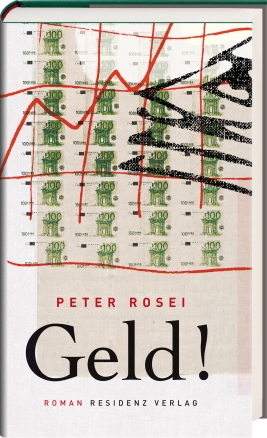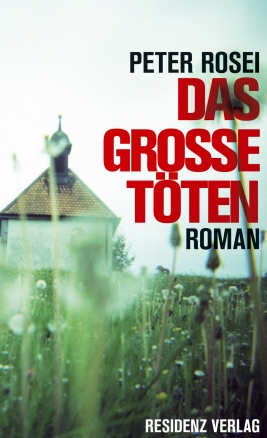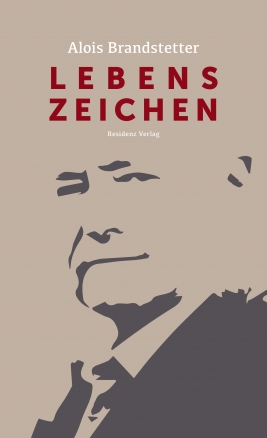Dieses bewegte Leben hat er irrsinnig gut eingefangen. (...) Und damit holt er dich natürlich sofort rein.
[Quelle: Rotraut Schöberl, CAFÉ PULS]
Er beschreibt Begegnungen, Episoden und Miniatur-Tragödien mit großer Intensität, lässt aber Protagonisten seines Lebenswegs in der Nacherzählung erstaunlich leicht wieder zurück. (...) Herausgekommen ist ein Gebäude, mehr von runden Bögen als von schroffen Ecken gekennzeichnet, mehr Hundertwasser als Bauhaus. Nicht einschüchternd und abweisend. Sondern anziehend und geheimnisvoll. Wunderlich und wunderbar.
[Quelle: Wolfgang Huber-Lang, APA]
Im atemberaubenden Wechsel der Register hat Peter Rosei eine furiose Bestandsaufnahme der eigenen Techniken vorgenommen: Ich ist stets ein anderer. Aber wie viel lieber wäre man von Rosei beschrieben als nur vom Leben gezeichnet.
[Quelle: Ronald Pohl, DER STANDARD]
Peter Rosei erstellt im Buch ein Panorama des gesellschaftlichen Lebens der Künstler und Intellektuellen der zweiten Hälfte des 20. Jahrhunderts.
[Quelle: Imogena Doderer, ORF ZIB 1]
Seine Erzählung ist eine berauschend schöne Erinnerung an das, was vielleicht war.
[Quelle: Barbara Beer, KURIER]
Herausgekommen ist ein Gebäude, mehr von runden Bögen als von schroffen Ecken gekennzeichnet, mehr Hundertwasser als Bauhaus. Nicht einschüchternd und abweisend. Sondern anziehend und geheimnisvoll. Wunderlich und wunderbar.
[Quelle: APA]
„Das wunderbare Leben“ mit dem auf einen großen Kollegen referierenden Untertitel „Wahrheit und Dichtung“ ist ein besonders feines Stück Prosa, gut auch für die Geschichtsschreibung.
[Quelle: NEWS]
Peter Rosei ist neben Thomas Bernhard, Peter Handke und Elfriede Jelinek einer der bedeutendsten Schriftsteller der nicht unbedeutenden österreichischen Literatur nach dem Zweiten Weltkrieg – das wird durch seine uneitle Autobiographie deutlich.
[Quelle: Janko Ferk, WIENER ZEITUNG]
Es ist eine Biografie, in der der Dichter Rosei sehr viel aus seinem Leben preisgibt. Teilweise ist es sehr Intimes und Vertrauliches.
[Quelle: Johann Günther, AUSTRIA FORUM]
Peter Rosei stellt aber schreibend Elemente zur Verfügung, mit dem sich die Leserin, der Leser eine Wahrheit zusammenbauen kann. Und das ist am Ende schön.
[Quelle: Wolfgang Straub, Ö1 EX LIBRIS]
Ein stilistisch schönes und aussagekräftiges Buch, vor allem als Dokument zum Verständnis des literarischen Aufbruchs in den Siebzigern.
[Quelle: Christian Schacherreiter, OBERÖSTERREICHISCHE NACHRICHTEN]
Rosei beschränkt sich nicht darauf, seinen Werdegang zu beschreiben, sondern nimmt uns mit in seine Gedanken, über das Leben, die Liebe und das Schreiben. (...) So mancher Satz sagt mehr als eine Seite anderer Autoren. Rosei ist kein Mann der vielen Worte – aber ein Mann der richtigen.
[Quelle: Oliver Herzig, BÜCHER BÜCHER BÜCHER]
Der Autor merkt in seiner Autobiografie an, dass er damit sein Leben nicht bloß nacherzählen, sondern begreifen wollte. (...) Absolut zu empfehlen!
[Quelle: Johannes Preßl, BN BIBLIOTHEKSNACHRICHTEN]
